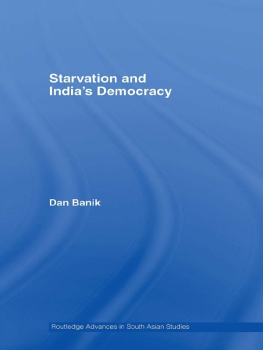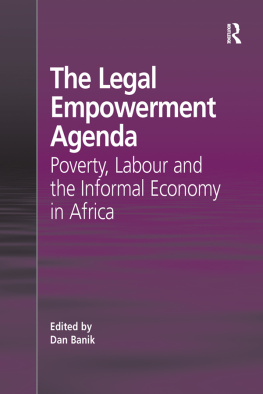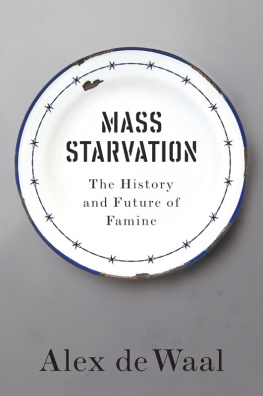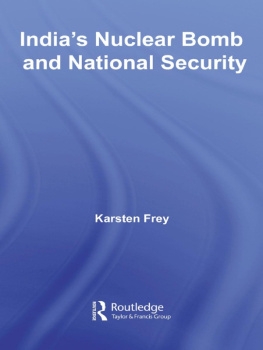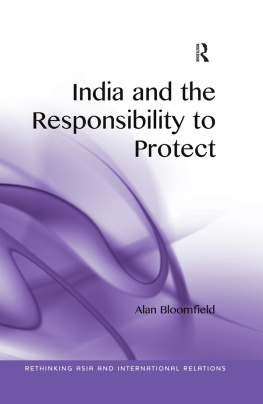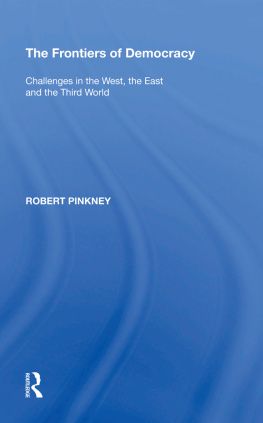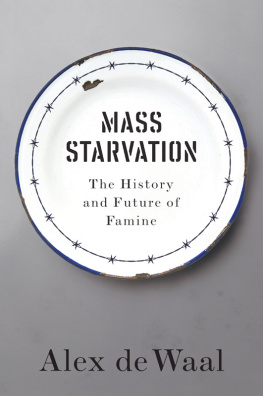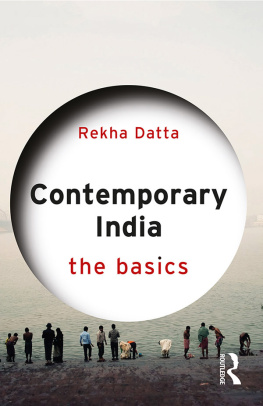STARVATION AND INDIAS DEMOCRACY
One of Indias most creditable achievements in the past five decades has been the prevention of famine. However, the food and nutritional security of a large portion of the Indian population, especially in rural and inaccessible areas, remains precarious. The book tackles this paradox, and analyses Indias impressive efforts in responding to sensational and easily visible disasters in contrast to the silent emergency of drought-induced undernutrition and starvation deaths. Building on Amartya Sens famous claim that no famine has ever occurred in a democratic country, the book re-examines the relationship between democracy, public action and famine prevention. The aim is to understand why some issues are effectively dealt with and not others. Drawing on both quantitative and qualitative data in India at national, state and local levels as well as in-depth field visits to two states on Indias east coast, Orissa and West Bengal, the author analyses the following issues:
- The interaction between specific institutions in India and their accountability to the public. These institutions include the judiciary, the civil services, political parties, Panchayats (institutions of local government), the legislature (lower house of Parliament, Lok Sabha), civil society organisations and the news media.
- The role of the media in highlighting problems of extreme poverty and destitution and the effectiveness of political and administrative response to such reports.
- The extent to which tribal groups are vulnerable to starvation and famine, and an analysis of whether starvation deaths in drought-prone Kalahandi district in Orissa are unique in India.
- The impact of major anti-poverty programmes, including the Public Distribution System (PDS) and the Integrated Child Development Services (ICDS), in reducing the incidence, duration and impact of starvation deaths.
This book will be of interest to researchers in economics, political science, philosophy, development studies and South Asian studies.
Dan Banik is Associate Professor at the Centre for Development and the Environment, University of Oslo, where he teaches graduate courses on poverty and development. His research interests include human rights, extreme poverty, democracy, corruption, development ethics and the implementation of public policy in developing countries.
ROUTLEDGE ADVANCES IN SOUTH ASIAN STUDIES
Edited by Subrata K. Mitra
South Asia Institute, University of Heidelberg, Germany
South Asia, with its burgeoning, ethnically diverse population, soaring economies, and nuclear weapons, is an increasingly important region in the global context. The series, which builds on this complex, dynamic and volatile area, features innovative and original research on the region as a whole or on the countries. Its scope extends to scholarly works drawing on history, politics, development studies, sociology and economics of individual countries from the region as well those that take an interdisciplinary and comparative approach to the area as a whole or to a comparison of two or more countries from this region. In terms of theory and method, rather than basing itself on any one orthodoxy, the series draws broadly on the insights germane to area studies, as well as the tool kit of the social sciences in general, emphasizing comparison, the analysis of the structure and processes, and the application of qualitative and quantitative methods. The series welcomes submissions from established authors in the field as well as from young authors who have recently completed their doctoral dissertations.
1. Perception, Politics and Security in South Asia
The Compound Crisis of 1990
P. R. Chari, Pervaiz Iqbal Cheema and Stephen Philip Cohen
2. Coalition Politics and Hindu Nationalism
Edited by Katharine Adeney and Lawrence Saez
3. The Puzzle of Indias Governance
Culture, context and comparative theory
Subrata K. Mitra
4. Indias Nuclear Bomb and National Security
Karsten Frey
5. Starvation and Indias Democracy
Dan Banik
First published 2007
by Routledge
2 Park Square, Milton Park, Abingdon, Oxon OX14 4RN
Simultaneously published in the USA and Canada
by Routledge
270 Madison Ave, New York, NY 10016
Routledge is an imprint of the Taylor & Francis Group,an informa business
This edition published in the Taylor & Francis e-Library, 2007.
To purchase your own copy of this or any of Taylor & Francis or Routledges collection of thousands of eBooks please go to www.eBookstore.tandf.co.uk.
2007 Dan Banik
All rights reserved. No part of this book may be reprinted or reproduced or utilised in any form or by any electronic, mechanical, or other means, now known or hereafter invented, including photocopying and recording, or in any information storage or retrieval system, without permission in writing from the publishers.
British Library Cataloguing in Publication Data
A catalogue record for this book is available from the British Library
Library of Congress Cataloging in Publication Data
Banik, Dan, 1969
Starvation and Indias democracy/Dan Banik.
p. cm. (Routledge advances in South Asian studies series)
Includes bibliographical references and index.
1. Famines India Prevention. 2. Food supply Government policy India. 3. Famines India Kalahandi (District) 4. Poverty India Kalahandi (District) 5. Famines India West Bengal. 6. Poverty India West Bengal. 7. Democracy India. I. Title.
HC439.B27 2007
363.85610954 dc22
ISBN 0-203-96288-5 Master e-book ISBN
ISBN10: 0-415-40729-X (hbk)
ISBN10: 0-203-96288-5 (ebk)
ISBN13: 978-0-415-40729-8 (hbk)
ISBN13: 978-0-203-96288-6 (ebk)
ILLUSTRATIONS
Figures
Tables
Chronological sequence of debates on Kalahandi, 199697
Boxes
ACKNOWLEDGEMENTS
This book is the product of an interest in starvation and famine that started almost a decade ago and I have greatly benefited from discussions, suggestions and criticisms made by those who have taken an interest in my work. I owe an enormous debt to James C. Scott, Barbara Harriss-White and Subrata K. Mitra, who have not only taught me much but also provided useful comments, advice, encouragement and friendship. To Amartya Sen, who has been a major source of inspiration and with whom I had instructive discussions, I acknowledge a special debt.
For detailed and immensely helpful comments on earlier drafts, I am extremely grateful to Marc Cohen, Bob Currie, Stephen Devereux, Milton J. Esman, Walter P. Falcon, James Garrett, Anne Gjerdker, Carl H. Gotsch, Bernt Hagtvet, Ron Herring, Hugh LaFollette, Charles Lindblom, Desmond McNeill, Ben White and two anonymous referees.
For very useful counsel and suggestions I wish to thank Tony Atkinson, Wenche Barth-Eide, Luka Deng Biong, Tom Christensen, Edward Clay, Giovanni Andrea Cornia, Meghnad Desai, Tim Dyson, Asbjrn Eide, Thomas Hylland Eriksen, Peter Evans, Edward Friedman, Des Gasper, Stuart Gillespie, Wolfgang Hoeschele, Jon Hovi, Paul Howe, Randhir B. Jain, George Kent, Francesco Kjellberg, Atul Kohli, Uwe Kracht, William Lafferty, Stig Toft Madsen, Raino Malnes, Philip McMichael, Barbara D. Miller, Karl Ove Moene, John D. Montgomery, Mick Moore, Per Pinstrup-Andersen, Pamela Price, Sanjay Reddy, Fred Riggs, Susan Rose-Ackerman, Arild Engelsen Ruud, Palagummi Sainath, Arjun Sengupta, Tor Sklnes, Olav Stokke, M. S. Swaminathan, Olle Trnquist, Stein Tnnesson, Rene Veron, Robert Hunter Wade, Jon Wetlesen and yvind sterud.

